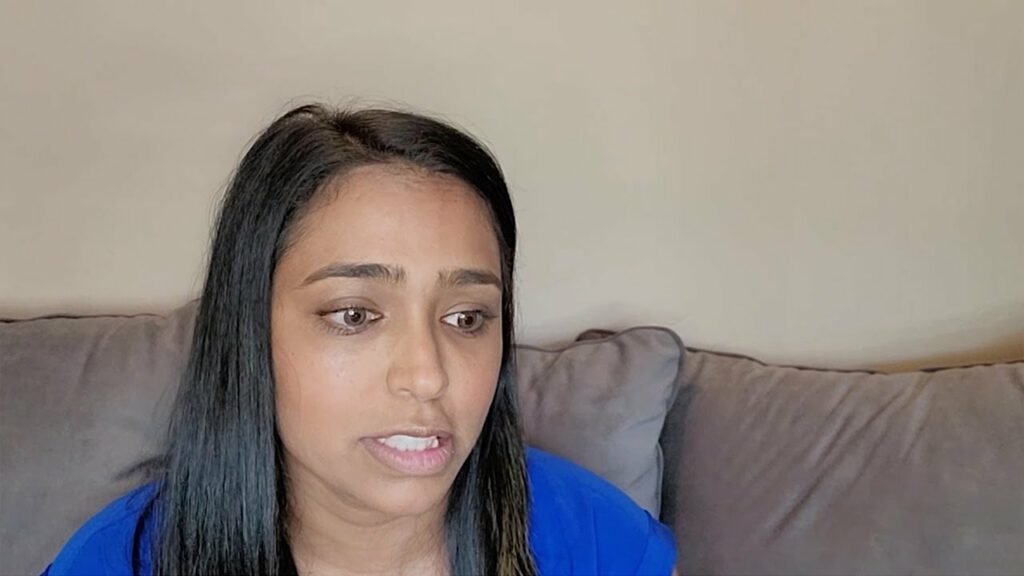Many medical professionals are involved in your family’s care during your pregnancy, after your child’s birth, and into their youth.
Along your CHD care journey, talk with your care team so that you understand what’s happening and feel comfortable with the care plan. Your medical professionals know that it can be overwhelming when you are learning a lot of new information, making big decisions, and dealing with uncertainty. You are always encouraged to ask questions and discuss any concerns you have or changes that you notice in your condition or your child’s health.
Over time you will get more experience talking with different types of medical professionals, and you will gradually feel more comfortable with medical language and communicating with your care team.
Here are some of the important care teams and team members that you will get to know on your CHD care journey. Each team member has a unique role in helping you and your child.
Before Birth
The Obstetrical Team
The role of the obstetrical team is to take care of you and your developing child during pregnancy and delivery.
The Fetal Cardiology Team
The fetal cardiology team’s role is to diagnose heart disease in the fetus. Because they understand what the baby’s condition will be right after birth, they will discuss with your obstetrician or MFM the delivery location that allows the infant to receive the appropriate level of care.
The fetal cardiology team is there to give you information about your baby’s heart disease, plan for a safe delivery, and help you understand what to expect after birth and as your child grows.
After Delivery/In the Hospital
Depending on your baby’s situation, after delivery you may spend time in the hospital receiving care from additional medical teams. Many of these are the same teams who will care for your child any time they need surgery.
The medical professionals in the hospital will examine your child, perform tests and review test results, perform surgeries and other medical procedures, give you updates, answer questions, and make medical decisions in consultation with the whole team.
PARENT TIPBuild Continuity in Your Care Team
Before your child has surgery, it is very useful to identify one cardiologist who will provide trusted and long-term care for your child – this will be their “primary cardiologist” – and a pediatrician who will manage your child’s overall care. The primary cardiologist may be the physician who sees you prenatally, or who manages your child’s care before they are hospitalized. Or, you may not meet your primary cardiologist for the first time until after you deliver your baby.
Your primary cardiologist is an important resource for you and your child. You develop a lasting relationship with them, and they have an overall, big picture plan for your child. The primary cardiologist really gets to know you and your child. They are an important advocate for you when your child is in the hospital, even if that hospital is far away from home.
If your outpatient, primary cardiologist works at your hospital, your child may or may not see that physician during their inpatient stay. To help with continuity of care, your child’s hospital pediatric cardiologist and team will update your primary cardiologist about your child’s progress and let them know when your child is discharged.
The Neonatal Intensive Care Unit (NICU) Team
Cardiovascular Surgery Team
Unlike the other teams, providers on the cardiovascular surgery team are specifically trained first and foremost in surgery. They specialize in pediatric heart surgery rather than the medical side of pediatrics. While your child is in or recovering from pediatric heart surgery, the cardiovascular surgery team discusses your child’s care with the ICU team and provides input.
Plus other team members
Intensive Care Unit (ICU)
Plus other team members
Palliative Care
Palliative care is focused on improving a child’s quality of life when they have a serious illness, and helping their family cope with the stress of the illness. The palliative care team is typically consulted to help families define their priorities and goals of care that align with their values and beliefs. This can be at any stage of a child’s illness in addition to assisting with end-of-life care.
Acute Care/Stepdown Unit/Cardiology Ward
Plus other team members
Other Team Members
The neonatal intensive care unit (NICU), cardiovascular surgery, ICU, and acute care/stepdown unit/cardiology ward teams also include many medical professionals that specialize in their area of care. Here are some of the team members you will meet and a summary of what they do.
Care Through Childhood
After your child is home with you, your child’s core care team is their pediatrician and pediatric cardiologist. You will also see additional medical professionals, but the types of specialists will vary depending on your child’s needs and these may change over time.
Chandani DeZure, Parent
Beth Kaufman, Physician
Alaina Kipps, Physician
Rachel Kotheimer, Parent
Linda Pilkinton, Parent
Danielle Sganga, Physician
Theresa Tacy, Physician
See the full list of contributors to the CHD Care Compass
Last Update: October 13, 2023